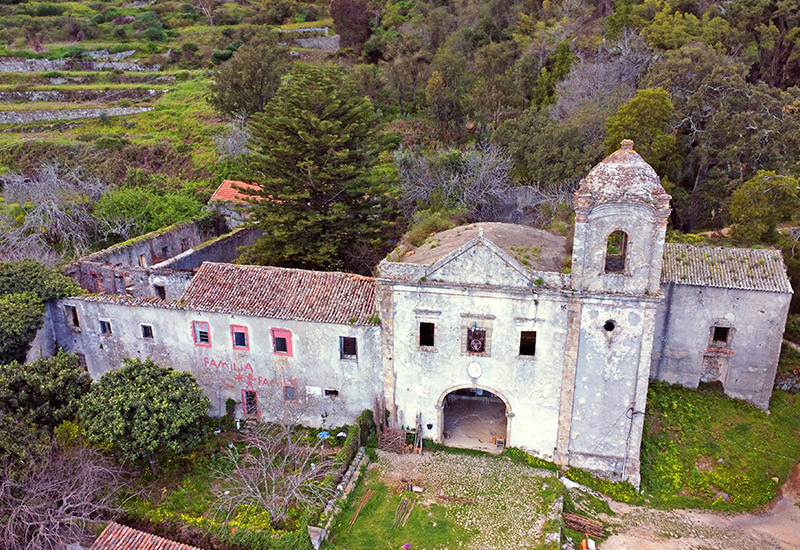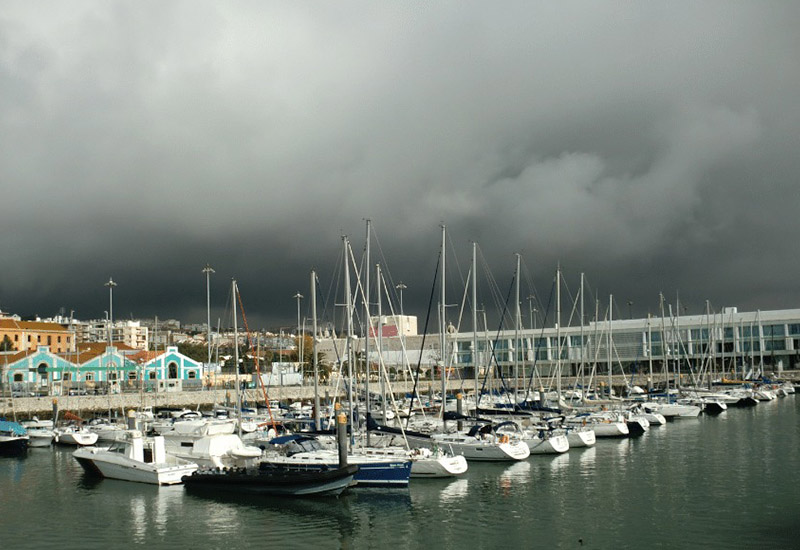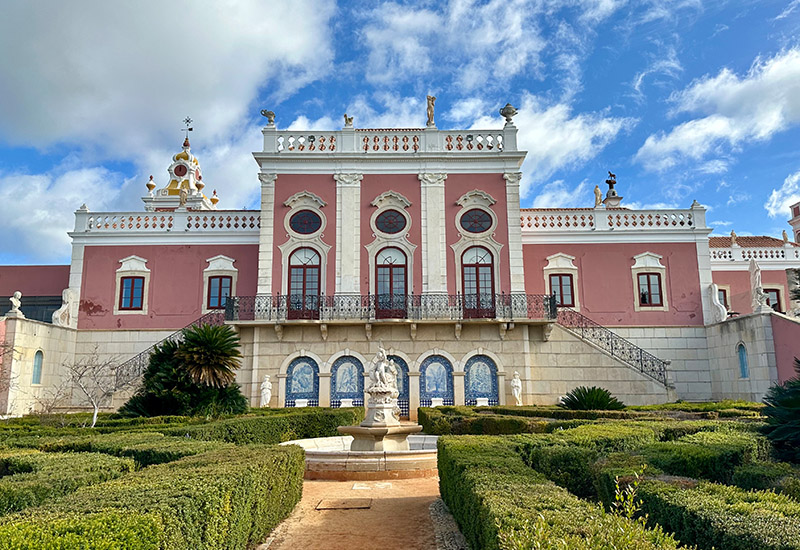Could the Algarve be the site of the lost city of Atlantis? Vaughan Willmore goes in search of answers.
Few stories quite capture the imagination as that of the legendary lost city of Atlantis. Did you know that here in the Algarve, there are at least two public statues referencing Atlantis? There’s even a school of thought that believes our region may have once been the home of the legendary, long-lost city.
It was Plato (born 400 years BC), the great philosopher and mathematician, who wrote about a wealthy, sophisticated, technologically advanced civilisation. Numerous films have been made, and books have been written about their calamitous demise, which, as the story goes, culminated in the city of Atlantis sinking beneath the ocean waves 12,000 years ago. However, every interpretation ultimately relates back to Plato’s work and there’s a great deal of speculation as to whether he was really referencing a lost civilisation or it was more a creation of his imagination and a useful framework for recounting a story about the best and worst aspects of humankind.

For those who believe such a civilisation existed, the volcanic island of Santorini in Greece is often cited as the place that best matches the location described by Plato. Others believe that the Algarve of 12,000 years ago is the more likely location. It has even been suggested that Silves may have been the site of the lost city.
In Plato’s writing, he offers a number of clues as to where the city was located. For example, he refers to it as being ‘beyond the pillars of Hercules’. These pillars are widely construed as being the Strait of Gibraltar, the nearby waterway connecting the Atlantic Ocean to the Mediterranean Sea. Evidence that large areas of the Algarve were once submerged beneath the Atlantic Ocean, along with submerged structures near our coastline, has added fuel to the theory that the region was once the home of the long-lost civilisation.
As for the public statues, in Olhão, there is the statue of Arrual, the chief guard of the aforementioned pillars of Hercules. Legend has it that he was washed ashore here and that the gods of Atlantis became so enamoured with the region that they created a lagoon and sand barrier – now known as the Ria Formosa – to protect it from foreign forces and the forces of nature. In Faro, within walking distance of the Algarve Shopping Forum, resides another statue referencing the story of the lost civilisation.
While there is no definitive evidence supporting these claims, advocates believe that the lack of archaeological findings doesn’t necessarily negate the possibility of Atlantis existing and that technological advancements may be required to uncover submerged ruins or hidden clues.

Many others argue, however, that Plato never intended for Atlantis to be construed as a real place and that it was instead a figment of his imagination and a useful basis for a cautionary tale about the nature of humankind and what happens when people become ‘greedy, petty, and morally bankrupt’. National Geographic magazine has stated that ‘the story is almost certainly false’ whilst eminent archaeologist Charles Orser points out that if you ‘pick a spot on a map, someone has said Atlantis was there’.
Did Atlantis ever exist and was it based in the Algarve? The debate continues. In the meantime, the inscription on the aforementioned statue in Faro offers an interesting observation both on the notion of a lost civilisation and our enduring interest in the story of Atlantis. It states, ‘This is a tribute to the first great sedentary human civilisations and to our ancestors, who have always had a strong relationship with the sea along with the constant desire to create a better world.’
Main image: Map of the Atlantean Empire, from Ignatius Donelly’s Atlantis the Antediluvian World, 1882 Public domain, via Wikimedia Commons














